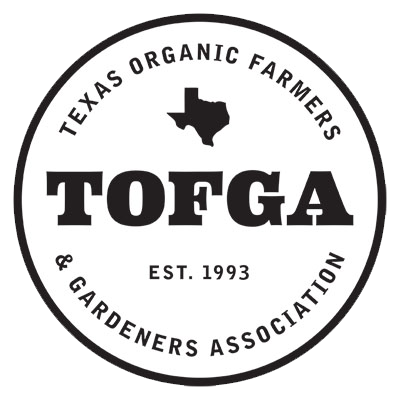Food Safety Plan
A food safety plan is a written document that outlines how a farm or food facility identifies and controls potential hazards that could contaminate produce or other food products. It is based on risk assessment and includes practices and procedures to reduce the likelihood of contamination from biological, chemical, or physical hazards. A comprehensive food safety plan typically covers areas such as worker hygiene, agricultural water use, soil amendments, cleaning and sanitation, and traceability. It also includes records of training, inspections, and corrective actions, ensuring that food safety practices are implemented consistently and can be verified. For farms subject to the FSMA Produce Safety Rule, while a formal written plan is not always required, maintaining one demonstrates a proactive commitment to safe food production.
Un plan de inocuidad alimentaria es un documento escrito que describe cómo una granja o instalación alimentaria identifica y controla los posibles peligros que podrían contaminar los productos agrícolas frescos u otros productos alimenticios. Se basa en la evaluación de riesgos e incluye prácticas y procedimientos para reducir la probabilidad de contaminación por peligros biológicos, químicos o físicos. Un plan integral de inocuidad alimentaria suele abarcar áreas como la higiene de los trabajadores, el uso del agua para la agricultura, las enmiendas del suelo, la limpieza y el saneamiento, y la trazabilidad. También incluye registros de capacitación, inspecciones y acciones correctivas, lo que garantiza que las prácticas de inocuidad alimentaria se implementen de forma consistente y puedan verificarse. Para las granjas sujetas a la Norma de Inocuidad de los Productos Agrícolas Frescos de la FSMA, si bien no siempre se requiere un plan escrito formal, mantener uno demuestra un compromiso proactivo con la producción de alimentos seguros.
Learn what food safety plan is and who is required to have a plan. This video also breaks down the written food safety plan and gives resources to help facilities develop a food safety plan. |
National Farmers Union's Local Food Safety Collaborative Presents: “Food Safety in Action!” a series highlighting exemplary food safety practices for good farm management and business success. Over the course of ten videos, we’ll get acquainted with two Minnesota operations and their food safety measures, and learn how food safety can uplift communities. Get started with your farm's food safety by meeting Joan and Nick Olson of Prairie Drifter Farm in Litchfield, who share how they started ramping up food safety practices on their 33-acre organic farm, the benefits of these practices, and how they've evolved over time. |








